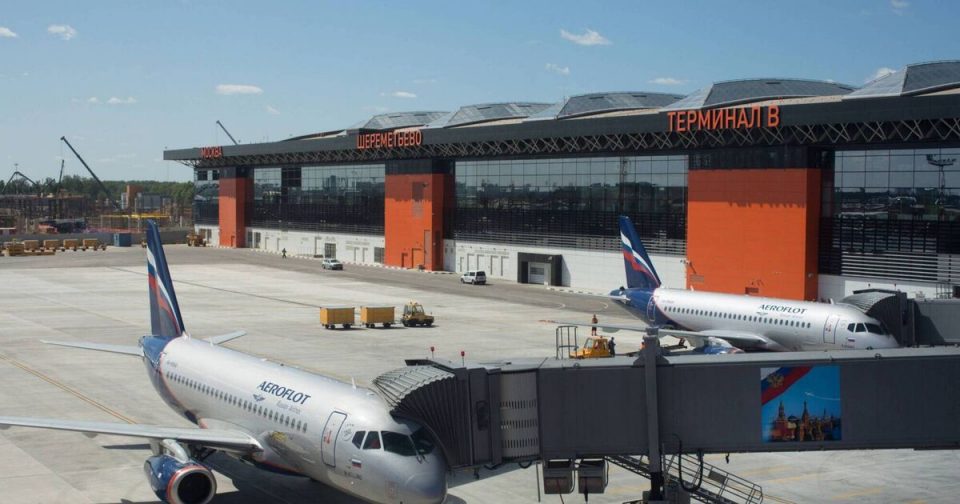The tragedy unfolding in Ukraine has created one of the most challenging periods for the aviation sector, adding to the damage to the industry over the past two years by Covid-19.
Sitting on top of boardroom agendas, next to the leasing sector with its embargoed aircraft grounded at Moscow’s Sheremetyevo International Airport, is the hit to the air cargo sector. Knock-on damage to the supply chains for the key high-value exporters of medical devices and pharmaceuticals in Ireland can be expected, who almost exclusively use this mode of transport to get goods to international markets.
However, much more damage may be done to the many Irish seafood companies around our coasts, who depend on air-freight to ensure fresh fish deliveries to customers in more distant markets. A no-fly zone across Russian airspace is forcing long diversion by airlines moving goods from Europe to Asia and in the process adding costs as fuel prices continue to soar.
The Russian airspace retaliation against the EU and US has forced the major cargo airlines such as Atlas Air, DHL, FedEx and UPS to take more southerly and extended routes, when moving goods from Ireland to key markets of China and Japan. Recent data from the International Aviation Transport Association (IATA) gives some idea of the impact of the blocking of the Europe /Asia airspace, stating that 20% of all international cargo volume in the past 12 months was on the Europe/Asia route.
Kuehne Nagel, one of the larger air-cargo carriers in Ireland said it has closed off bookings to Russia and Ukraine, except for pharmaceutical and humanitarian supplies and is rerouting flights from Europe to Asia, to avoid flights over both countries, which it stated is adding 12 to 14 hours to flight times for cargo and reducing available air capacity.
Russian airlines, specifically, have been banned from EU, UK and US airspace – including Aeroflot and Air Bridge Cargo. Together with rampant fuel prices, these flight restrictions are expected to create significant increases in air freight rates.
Many operators will be protected by fuel hedging for a time, however, the sky-rocketing cost of fuel caused by Russia’s actions in Ukraine has forced many airlines into adding fuel surcharges to their cargo charges, with some carriers starting to introduce a war surcharge.
Already the fuel surcharges have hit the Irish market with the main dedicated cargo air operators UPS, FEDEX and TNT announcing on the 14th March an average fuel surcharge increase of 30% in their standard freight rates from Ireland.
Air cargo has been a financial lifeline for many Irish exporters and importers during the Covid-19 pandemic, as shipping routes became log-jammed and bottlenecks on normal sea freight routes were adding weeks to delivery times. However, the rising air freight charges are making it unprofitable for many exporters and importers in Ireland to continue using the air routes.
A return to sea freight routes, particularly to and from China, has been complicated by the fresh Covid-19 outbreak in China’s southern Guangdong province which is curbing activity at some of the country’s biggest ports, particularly Shanghai. This, if it continues, will force more and more cargo into the air for those who can afford it, such as the pharmaceutical and medical devices producers.
But seafood companies that air freight to markets to ensure fresh delivery will be heavily impacted and may find the cost is too high for them to continue supplying. These capacity constraints and increased costs will affect consumers and companies alike, as any issues with a company’s ability to access supplies will ultimately lead to delays in the production of goods and increased prices for those goods.
This, set against a backdrop of rapidly rising inflation in Ireland and across Europe and the general political and financial market instability created by the Russia/Ukraine conflict, leaves the world’s economy braced for recession.


